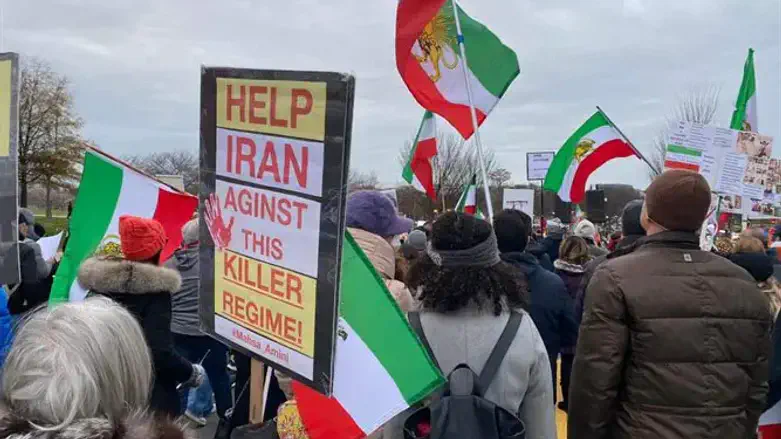
As nuclear talks between the U.S. and Iran resume in Oman, Prince Reza Pahlavi and leading Iranian opposition figures remain firmly opposed to any agreement that legitimizes the Islamic Republic.
Prince Reza Pahlavi has made his position clear: “Peace in the Middle East is impossible as long as the Islamic Republic is in power.” He argues that only a post-Islamic Republic Iran can serve as a foundation for regional stability.
The opposition points to the regime’s ideological foundation—anti-Western, anti-Israel, and reliant on conflict to justify domestic repression and regional expansion. The Islamic Republic’s support for terrorist groups, including those hostile to Israel, underscores its role as a persistent source of instability.
While the United States continues to favor diplomacy over military action, President Trump has stated that America would not be "dragged in" to war with Iran, though he has not ruled out force if diplomacy fails to halt Iran’s nuclear ambitions. Whether Trump’s pressure-based approach advanced or hindered the prospects for peace remains contested—but it undeniably reshaped the diplomatic playing field.
The U.S. seeks to limit Iran’s uranium enrichment and enforce compliance through strict verification mechanisms. Iran, meanwhile, insists on its right to peaceful nuclear energy and expects any agreement to acknowledge that sovereignty.
The upcoming indirect negotiations represent a pivotal moment for Middle Eastern diplomacy. Israel remains a key stakeholder, advocating for a deal that fully addresses Iran’s nuclear capabilities and its broader regional conduct.
As both sides navigate a complex web of security concerns, economic pressures, and political tensions, the coming days will be critical. While the resumption of talks offers a glimmer of hope, major obstacles remain.
For the Iranian opposition, however, the core issue transcends enrichment levels or verification protocols. They argue that no meaningful or lasting peace can be achieved with a regime they believe is incapable of reform. In their view, sustainable peace does not begin with nuclear limits—but with democratic change in Iran.
Negar Karamati - is a Bahai journalist and activist who fights for Iranian women's rights.